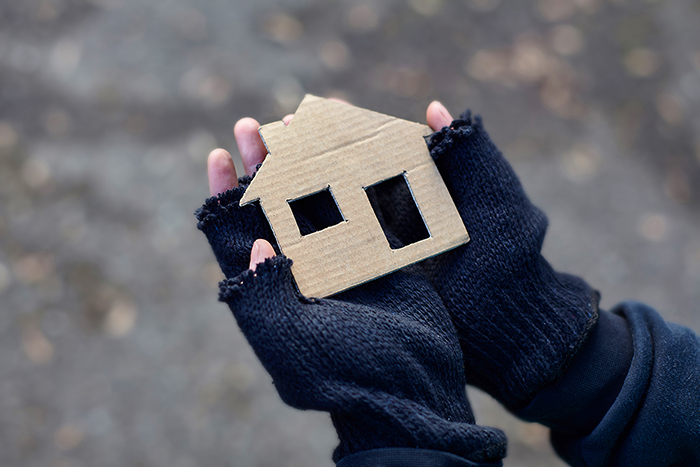
There is no sure-fire way to immediately fix the homeless problem in Chatham-Kent, and beyond.
That is a grim reality, one that unfortunately that has left various groups competing for limited funds in aiding the unhoused.
We’d offer to look at the situation from the top down, but the way funds are failing to flow from the top – the federal government – makes that a wasted effort.
With what limited funds are available – and keep in mind nearly half of the municipal tax hike next year is largely due to the homeless issue – are heavily sought after by groups seeking to aid our homeless.
And those groups don’t always follow the same path.
Reach Out Chatham-Kent (R.O.C.K.) Missions mindset, according to their website, is that “no one should face homelessness or substance abuse alone.” To R.O.C.K., the biggest problem our homeless and addicted people face is being prejudged by the masses.
A big part of their method of support is to deliver food, hygiene products and other supports directly to those in need on a regular basis.
Hope Haven offers a warm space in the winter, and a cool one in the summer, for folks in need. It is a host organization, much different from R.O.C.K.’s reach-out format.
Both serve a need, but neither are a solution.
What’s the answer? Get our homeless affordable housing? Get the addicted off drugs? Get the mentally ill the help they require?
All must be addressed, as they are all intermeshed.
Getting our homeless off the streets helps the rest of us feel good, as they at least have a warm place to sleep at night. But not all will take such an offering if it materializes. Mental illness and addiction will have many distrusting of the situation.
Getting our addicted to a rehab facility sounds wonderful. But if proper housing, job prospects and an ongoing support system is not in place for when they come out of rehab, or even jail, chances are that these people will slide back into old habits, cavort with old friends from their past lifestyle, and return to addiction.
As for our mentally ill, governments and society have let them down for decades, and continue to do so. Having police show up to deal with someone in mental distress often only serves to escalate matters, as most officers just don’t have the training, or the time given the massive number of calls fielded each day, to deal with mental health calls. We need trained, non-uniformed response.
None of that is easy; none of it is cheap. And it seems no one in government is willing to pay for it all.






